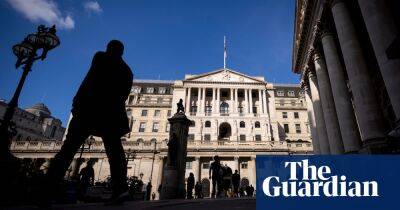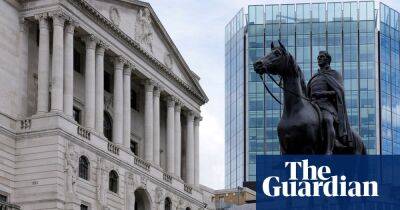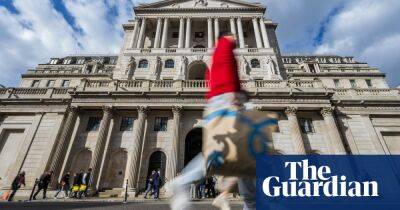Bank confirms pension funds almost collapsed amid market meltdown
Pension funds managing vast sums on behalf of retirees across Britain came close to collapse amid an “unprecedented” meltdown in UK government bond markets after Kwasi Kwarteng’s mini-budget, the Bank of England has said.
Explaining its emergency intervention to calm turmoil in financial markets last week, the central bank said pension funds with more than £1tn invested in them came under severe strain with a “large number” in danger of going bust.
The Bank said a dramatic rise for interest rates on long-dated UK government bonds in the days immediately after the chancellor’s mini-budget had triggered a “self-reinforcing” spiral in debt markets, putting the stability of Britain’s financial system at risk.
Had the Bank not intervened with a promise to buy up to £65bn of government debt, funds managing money on behalf of pensioners across the country “would have been left with negative net asset value” and cash demands they could not have met.
“As a result, it was likely that these funds would have to begin the process of winding up the following morning,” the Bank said.
The central bank said the meltdown was at risk of rippling through the UK financial system, which could have then caused “excessive and sudden tightening of financing conditions for the real economy”.
Threadneedle Street stepped in last week after a collapse in the pound to the lowest level against the dollar in history and as interest rates on UK government bonds rose to the highest level since the 2008 financial crisis.
In a letter to the Commons Treasury committee explaining the intervention, the Bank’s deputy governor for financial stability, Jon Cunliffe, suggested the largest market movements came after the chancellor’s mini-budget.
On the day the Bank
Read more on theguardian.com

















